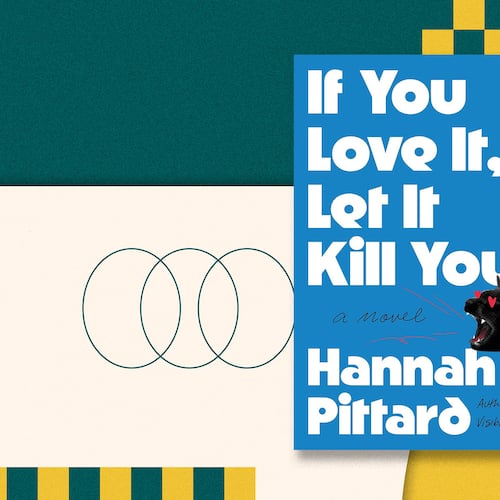Cure lead man Robert Smith may have the most generic name in rock but is arguably one of the most distinctive voices and personalities of his generation.
Smith also turned himself into the man of the people on the band’s current tour in a way even Bruce Springsteen failed to do. (Springsteen’s use of “dynamic pricing” blew up in his face, with some tickets going for up to $5,000, outraging many of his hardcore fans.)
Face value ticket prices for The Cure at State Farm Arena in Atlanta for two sold-out nights before fees went for $30 to $150. Given the band’s stature and popularity, Smith could have easily charged twice as much and still filled every seat. (Notably, Springsteen’s face value tickets that were not dynamically priced ranged from about $60 to $400.)
Smith even battled Ticketmaster over extra fees, forcing them to reduce them and providing refunds for many early ticket buyers.
On stage, he didn’t opine about corporate greed at State Farm Arena Tuesday night, his first stop in the city in seven years. He didn’t need to.
Instead, Smith brought what one would call high value to his fans: his authentic, naked emotion and musicality to the nth degree. Over a 29-song extravaganza that lasted as long as Springsteen and almost as long as Taylor Swift, Smith provided no literal fireworks, no backup singers or dancers, no costume changes, no flashy horn section. Lighting, staging and video work were all modest compared to what Taylor Swift or even Springsteen are offering.
Credit: Sophie Harris
Credit: Sophie Harris
The concert centered on Smith’s particular brand of charisma, which has remained a focal point of his appeal across multiple generations. He is just a fascinating figure to watch, his ghostly ethereal appeal seemingly floating beyond his physical being. He doesn’t even have to move around on stage to capture attention. It’s as if his voice and his entire spirit envelops each individual in the audience, a magical touch that is difficult to capture in words.
Dressed in standard black attire, his hair in its signature freeform wave as if it had never been combed, Smith is a man of few words between songs. His jokes are modest, almost accidental. He won’t pander to the city he’s in by yelling, “How’s it going Hotlanta??? I love it here!”
Instead, he sings about his broken heart in “A Fragile Thing” or how “It Can Never Be the Same” after a break up. His voice, at age 64, remains a powerful instrument, a tool unharmed by the passage of time.
His tight, evocative five-piece band covered five decades of Cure music, from the late 1970s (”Three Imaginary Boys”) to more recent offerings like the atmospheric opener “Alone” and the incredibly sad “Endsong” with such Smith-approved lines as “No hopes, no dreams, no world/ No, I don’t belong/ I don’t belong here anymore.” His drummer Jason Cooper gave “Burn” from “The Crow” film a propulsive drive while Smith played maestro during the majestic instrumental sadness of “Nothing is Forever.”
Credit: Sophie Harris
Credit: Sophie Harris
The hardcore fans enjoyed the numerous deep cuts from the band’s heyday in the 1980s and 1990s such as “A Strange Day” and “Shake Dog Shake.”
But those who are familiar with the 1985 early greatest hits album “Standing on the Beach” and the subsequent best sellers “Kiss Me, Kiss Me, Kiss Me” and “Disintegration” got their fair share of familiar songs like “A Night Like This,” “Pictures of You” and “A Forest.”
The Cure, from a top 40 radio standpoint in the United States, has generated just two top 20 hits and the band played them both: the emotive, timeless 1988 ballad “Lovesong,” which peaked at No. 2 on the Billboard Hot 100 and the oddly mainstream, catchy 1992 hit “Friday, I’m in Love.” (Before starting the song, he jokingly crooned “Tuesday’s great!”).
During the nine-song second encore, Smith showed moments of actual joy, dancing during both “Lullaby” and the delightfully fun “Six Different Ways.” And he worked the stage for the first time, singing to the crowds on the side of the stage for “Close to Me” and “Why Can’t I Be You?” before closing out with three of the Cure’s most recognizable tunes “In Between Days,” “Just Like Heaven” and “Boys Don’t Cry.”
After the final notes of “Boys Don’t Cry” ended, his band quietly left the stage. He stood and for two minutes absorbed the audience’s applause and adulation. He went to the mic and with real emotion could only utter “Thank you” twice, as if the audience had done the work, not him. He continued to amble stage right, humbled, tearfully took the smallest of bows, then disappeared as the clock hit 11.
About the Author
Keep Reading
The Latest
Featured



